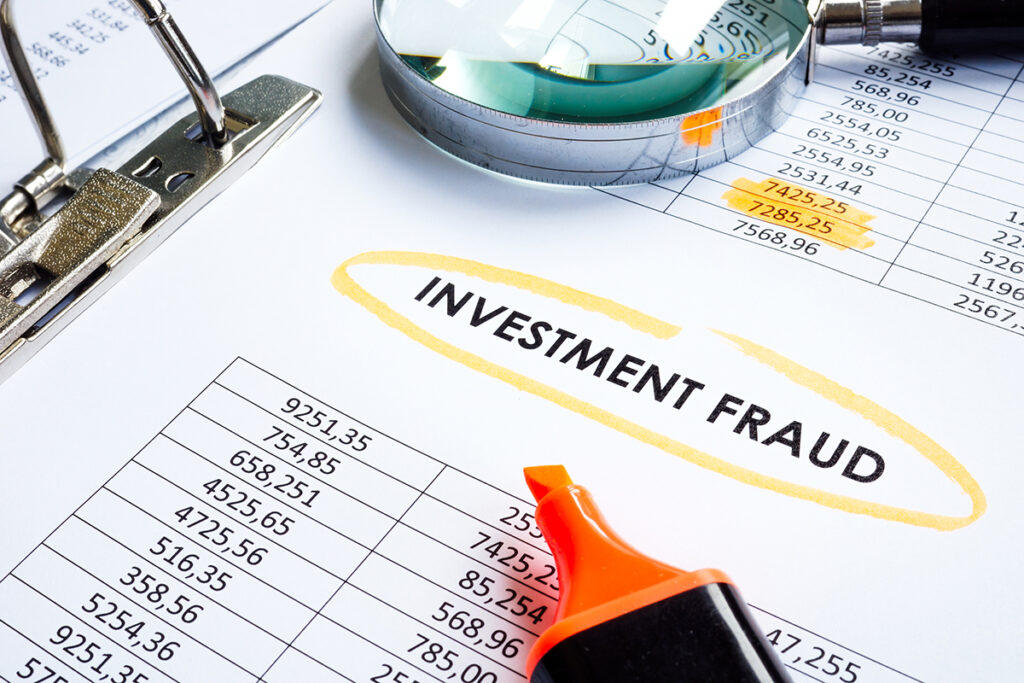If you’re thinking about investing your money with a stock broker, it’s important to know what you could be up against if things go wrong. One potential worst-case scenario is losing all of your money due to negligence or fraud on the part of your broker. If this happens, you may be able to take legal action by filing for arbitration through the Financial Industry Regulatory Authority (FINRA). In this post, we’ll explore what Finra arbitration is and how it can help you get justice if your stock broker has lost your hard-earned cash.
You’ve invested your hard-earned money with a stock broker, and you trust that they will do their best to make you money.
Investing your hard-earned money with a stock broker isn’t always easy. You have to trust that this person is going to do what’s best for you, and it can be a very nerve-wracking experience. However, FINRA provides arbitration services as a way for investors to resolve any disputes they have with the stock brokers.
But what happens if your broker makes some bad decisions and loses your money instead of making you money?

Working with a stockbroker can be a great way to navigate the financial markets, but sometimes things don’t go as planned. What happens if your broker makes some bad decisions and loses your money instead of making you money? There is FINRA Arbitration, a dispute resolution route for investors who believe their stockbrokers have committed fraud or other unsuitable practices. It’s a process in which an impartial, third-party panel is presented each side’s argument and makes a binding decision on the dispute. By using FINRA Arbitration, investors have control over their destiny and can receive relief from financial damages suffered at the hands of their stockbroker.
During arbitration, both sides will present their case to a panel of arbitrators, who will then decide who is right and who is wrong.
Navigating legal proceedings can be an intimidating and overwhelming experience, especially when it needs to go all the way up to arbitration. Once you have reached that point, it’s time to give your side of the story and explain why you are right while making sure the other party is wrong. This will take place in front of a panel of arbitrators who have no pre-existing biases or favoritism toward either side – they will simply weigh both parties’ evidence and make the final ruling on who is right and who is wrong. It’s important to come prepared with your best evidence so that your chances for getting a favorable ruling increase dramatically!
If the arbitrators find that the broker was at fault, they can order the broker to pay back your losses plus interest.
During the course of the arbitration, arbitrators will examine all evidence and determine whether or not a broker was at fault for your losses. If the arbitrators find that the broker is responsible, they may order them to pay you back what you have lost, claims can include interest and attorneys’ fees though these are not often awarded. This is usually the only way to get compensated for any trouble your broker may have caused you due to their wrongdoing. As the SEC recommends, you should find a lawyer experienced in securities cases.

Sean M. Sweeney is a shareholder at Halling and Cayo, a full service law firm in Milwaukee, WI and the head of its Securities Litigation team.
He represents individual and institutional investors in FINRA arbitration and court nationwide. He recovers investment losses from fraud or breach of duty from their broker-dealer.
Contact him at (414) 755-5020 or via e-mail at SMS@hallingcayo.com to see if he can help recover your funds.
